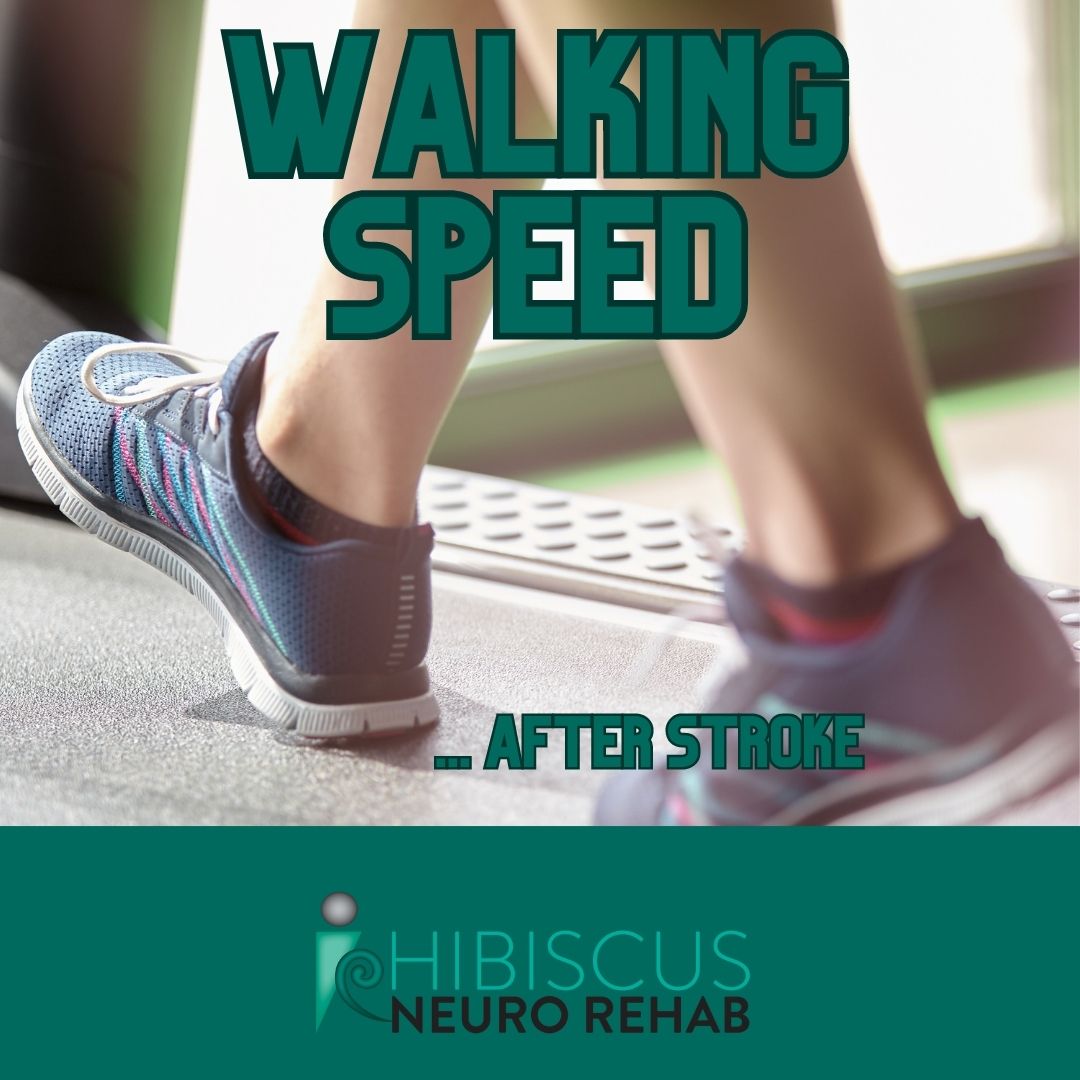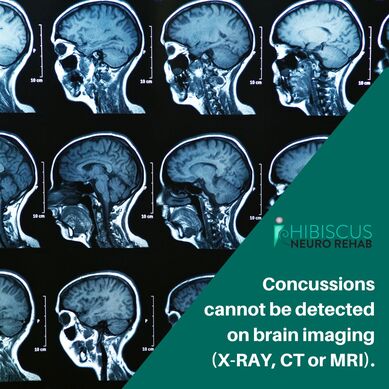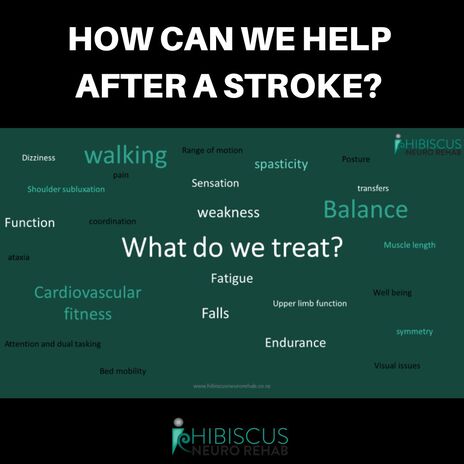|
Walking is often the number one goal that clients want to improve following stroke. Emphasis is often on the walking pattern or how the walking looks. Optimising the walking pattern after stroke is important to improve walking safety and efficiency, energy conservation and improve overall performance. However an important feature of walking that is often be overlooked is walking speed.
Studies have shown that walking speed is reduced by up to 50% following a stroke which limits participation in day to day activities, socialisation and the ability to walk in the community. This can lead to individuals becoming housebound, socially isolated and dependant on others for extra supports. Nascimento et al 2015 did a systematic review of 7 clinical trials which looked at training walking speed following stroke using external cues with setting cadence. The cadence/speed of stepping was set using a metronome app. The individuals in the trials were tasked to match their steps to the beat of the metronome which was progressively increased. The results of these trials showed that cueing walking speed using a metronome increased walking speed by 50%, by training for 30minutes a day over a 4 week period. This is just one example of a cost- effective tool to help retrain walking speed. If you would like more help on how you can improve your walking and get your pace up with your walking post-stroke then get in touch with us Concussions are classified as a mild traumatic brain injury. The conflicting thing is, is that a concussion is not able to be seen on X-RAY, CT or MRI**. Because of this, many people think they are fine and that it will come right. This is where education around concussion comes in.
Yes, many concussions can resolve on their own, but there are many cases where they don't. Although it is classified as "mild", it is very traumatic if you experience dizziness, headaches, nausea, sleep disturbance, fatigue, blurry vision, irritability, anxiety or depression as a result of your injury. Imaging is only able to tell us of any physical changes within the brain (i.e. any lesions, bleeding or other changes going on). What it doesn't show is the diffuse axonal changes in the brain, which means the excessive stress that the axons (brain cells) are experiencing as a result of concussion. The axons are vulnerable after a concussion and there is widespread metabolic changes in the brain leading to disequilibrium; there is too much demand and not enough energy available. The goal of concussion rehabilitation is to re-establish equilibrium within the brain, reduce symptoms and return to your everyday function/tasks. THIS IS POSSIBLE with the right support for your individual needs. **There is emerging evidence that functional MRI, which uses radio-waves and magnets to look at blood flow through soft tissues, may detect post-concussion syndrome. They can see if there is a lack of blood flow to areas of the brain while a client performs a task. Not one stroke survivor presents the same, yes they may have some similar problems, but each is individual and their rehabilitation needs to be tailored to meet their needs
Physiotherapy and Occupational Therapy rehab after stroke addresses a broad range of problems, with the primary role to promote positive changes in the brain, to help clients to regain function, mobility, and as much independence and quality of life as possible. We find working with our clients, they can make changes long after their event, and that regular input helps them acheive their goals. What therapy can help with post stroke,
|
�
Categories
All
Archives
July 2023
|
|
Contact Us
Give us a call or send us an email to find out how we can help you on your rehab journey Phone 09 424 3254 [email protected] Visit us 3/55 Karepiro Drive, Stanmore Bay, Whangaparaoa |
Cancellation Policy:
Out of courtesy to your therapist, and other clients who may be waiting for an appointment, please inform us of cancellations as soon as possible.
Cancellations Charges: Short notice cancellations within 48 hours of your appointment or reschedules will incur a late cancellation fee of 60%.
For block bookings, one session will be deducted for three cancelled appointments.
Please be aware that ACC does not cover all cancelled appointments.
How to Cancel Your Appointment
If you need to cancel your appointment, please call us at 09 424 3254 between the hours of 8am – 5pm. If necessary, you may leave a detailed voicemail message. We will return your call as soon as possible.
Late Cancellations/No-Shows
A cancellation is considered late when the appointment is cancelled less than 48 hours before the appointed time. A no-show is when a patient misses an appointment without cancelling. In either case, we will charge the patient a 60% missed appointment fee.
Out of courtesy to your therapist, and other clients who may be waiting for an appointment, please inform us of cancellations as soon as possible.
Cancellations Charges: Short notice cancellations within 48 hours of your appointment or reschedules will incur a late cancellation fee of 60%.
For block bookings, one session will be deducted for three cancelled appointments.
Please be aware that ACC does not cover all cancelled appointments.
How to Cancel Your Appointment
If you need to cancel your appointment, please call us at 09 424 3254 between the hours of 8am – 5pm. If necessary, you may leave a detailed voicemail message. We will return your call as soon as possible.
Late Cancellations/No-Shows
A cancellation is considered late when the appointment is cancelled less than 48 hours before the appointed time. A no-show is when a patient misses an appointment without cancelling. In either case, we will charge the patient a 60% missed appointment fee.




 RSS Feed
RSS Feed
